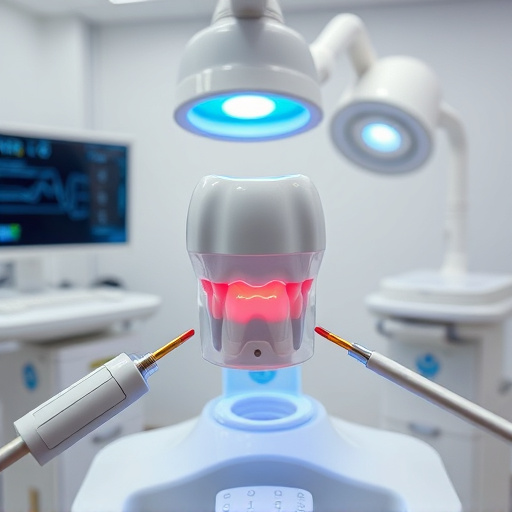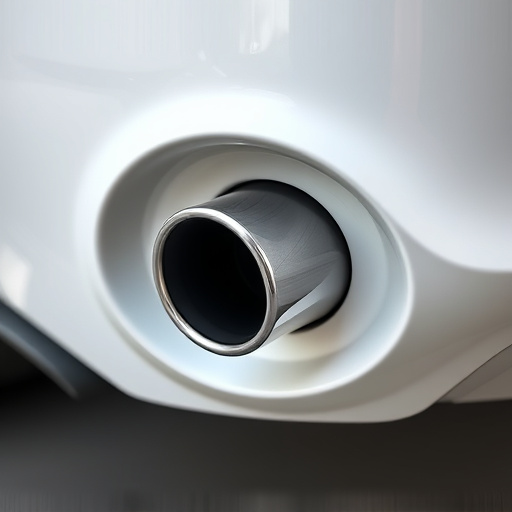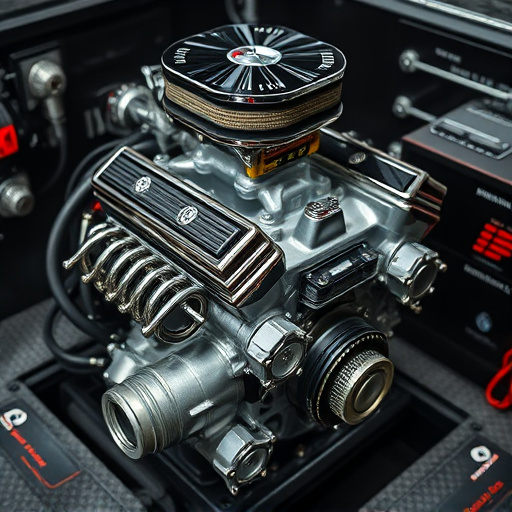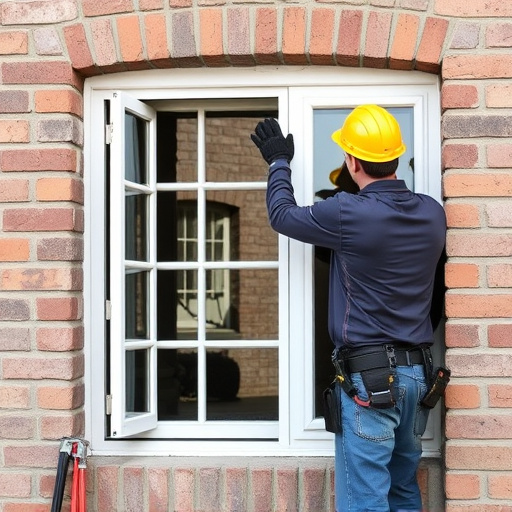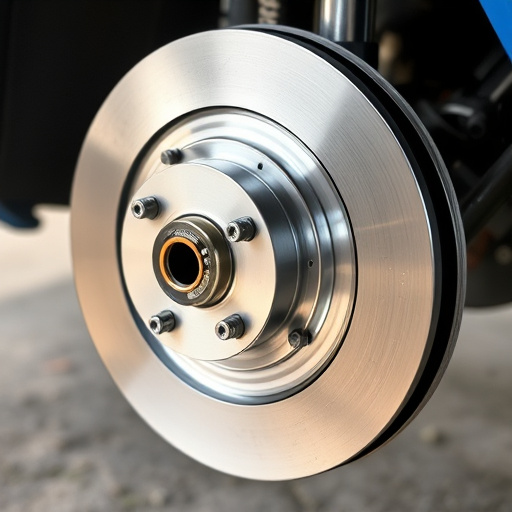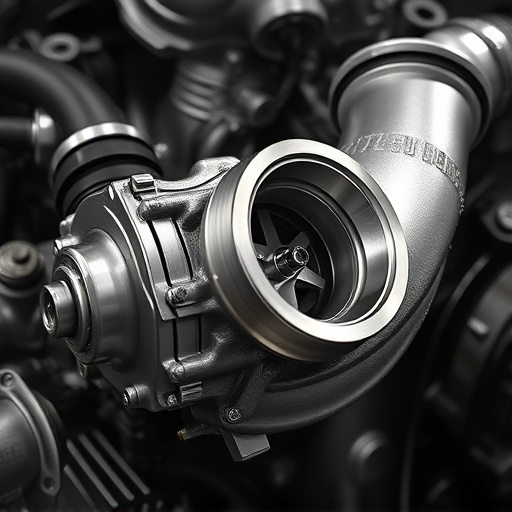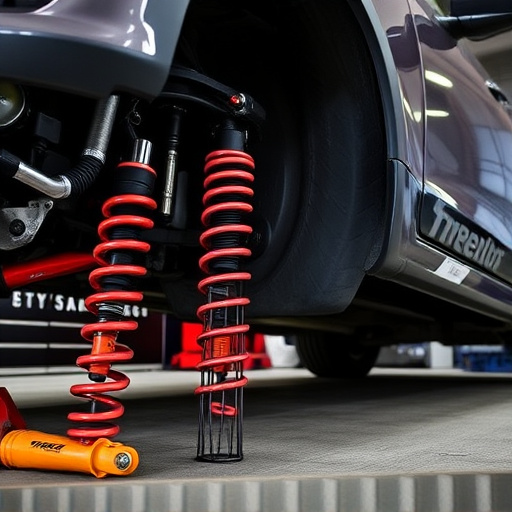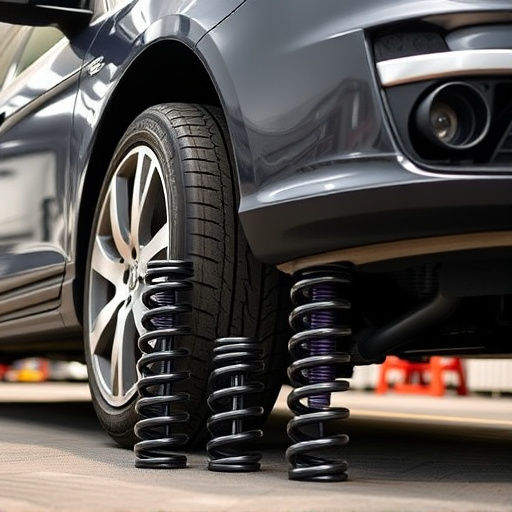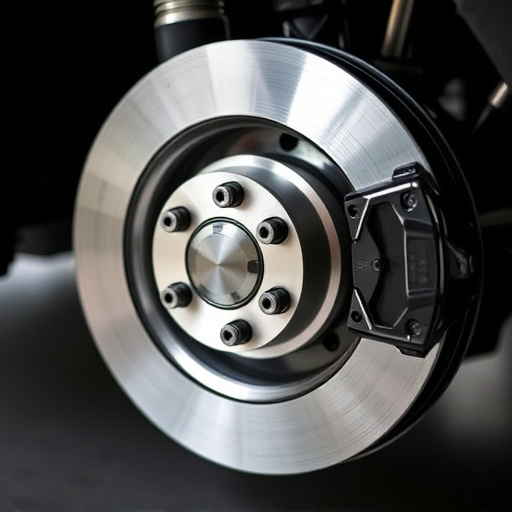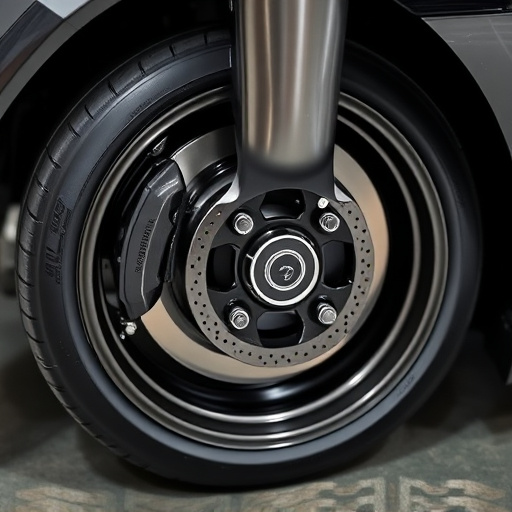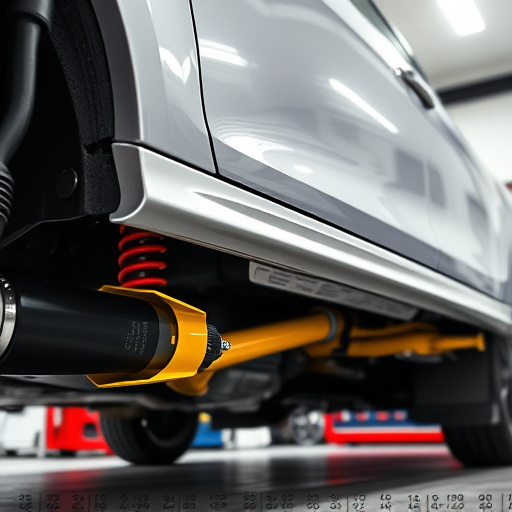Muffler intake installations require regular maintenance due to wear and environmental factors, with inspections based on driving conditions, vehicle mileage, and performance monitoring. Timely replacement of components and expert evaluations ensure optimal performance, emissions control, safety, and extended lifespan for the muffler intake installation.
Muffler intake installation is a crucial component of your vehicle’s exhaust system, playing a vital role in engine performance and noise reduction. Understanding its lifespan and factors influencing inspection frequency is essential for maintaining optimal vehicle health. This article guides you through the process, exploring when to expect wear and tear, identifying potential issues, and knowing precisely when to schedule an expert evaluation for your muffler intake installation.
- Understanding Muffler Intake Installation's Lifespan
- Factors Influencing Inspection Frequency
- When to Schedule an Expert Evaluation
Understanding Muffler Intake Installation's Lifespan
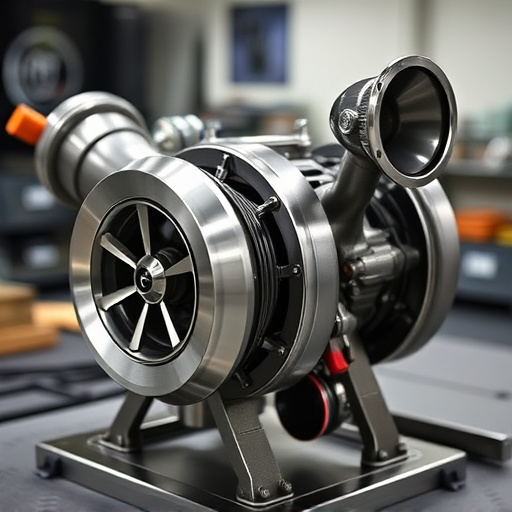
Muffler intake installations, like any automotive component, have a lifespan determined by various factors. On average, these systems can last between 5 to 10 years, depending on usage and environmental conditions. Regular driving, especially in areas with frequent stop-and-go traffic or poor air quality, can accelerate wear and tear. Conversely, vehicles that mostly cruise at constant speeds may experience longer lifespan.
Understanding the typical lifespan of muffler intake installations is crucial for maintaining optimal vehicle performance. Regularly inspecting and replacing components as needed—such as exhaust systems, air filter kits, and cold air intakes—is essential to prevent more serious issues down the line. This proactive approach ensures your engine stays efficient, emissions are controlled, and driving safety is maintained.
Factors Influencing Inspection Frequency
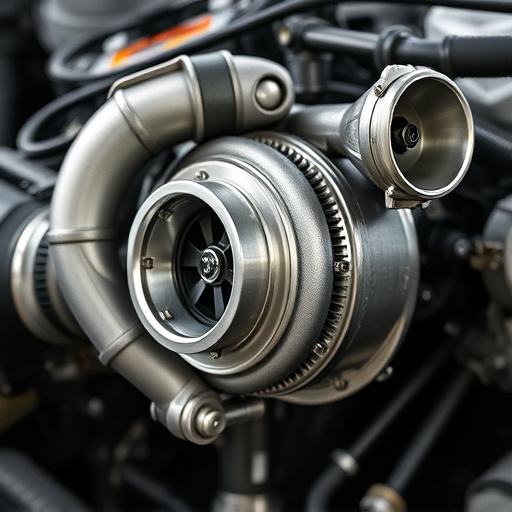
Several factors determine how often you should inspect a muffler intake installation. One key consideration is the driving environment and conditions. If your vehicle frequently encounters harsh weather, such as frequent rain, snow, or extreme temperatures, it may require more frequent inspections due to accelerated wear and tear. Additionally, regions with poor air quality can contribute to faster degradation of the muffler and intake components, necessitating regular checks.
Another influencing factor is the vehicle’s usage pattern. High-mileage vehicles or those used for heavy-duty tasks like hauling or off-road driving may need more thorough inspections compared to daily commuters. Regular maintenance routines, including timely replacement of air filter kits and brake rotors, can also play a role in maintaining optimal muffler intake performance. Moreover, vehicle performance should be monitored—any unusual noises, loss of power, or changes in fuel efficiency could indicate issues requiring prompt inspection.
When to Schedule an Expert Evaluation
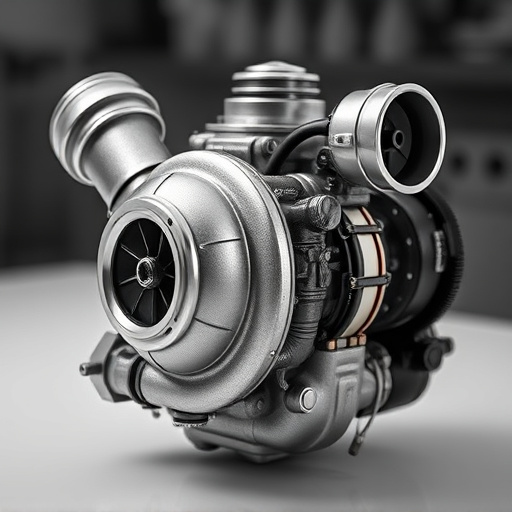
Regular maintenance is key to ensuring your vehicle’s optimal performance and safety, especially when it comes to components like the muffler intake installation. While periodic visual inspections can catch early signs of damage or wear, scheduling an expert evaluation is crucial at certain intervals to prevent potential issues from escalating.
An experienced mechanic can thoroughly assess the state of your muffler tips, cold air intakes, and related systems. They will look for cracks, corrosion, loose connections, or any signs of leaks that could compromise engine performance and fuel efficiency. Given that high-performance parts are often involved in these systems, an expert evaluation ensures these components remain in top condition, enhancing overall vehicle efficiency and longevity.
Regular inspection of your muffler intake installation is key to maintaining optimal vehicle performance and safety. Given the diverse factors affecting its lifespan, such as driving conditions and environmental exposure, it’s recommended to assess every 6-12 months or after significant changes in usage patterns. An expert evaluation should be scheduled promptly if you notice unusual noises, decreased engine performance, or signs of damage, ensuring prompt maintenance for a smooth ride ahead.

